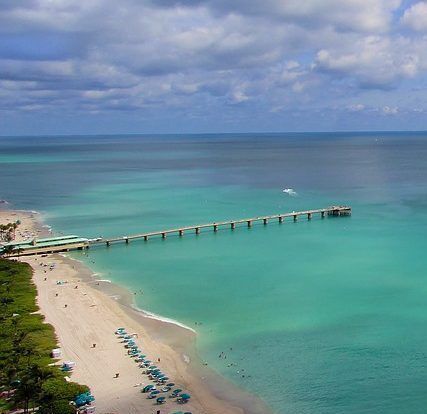Florida’s Cannabis Legislation: A Timeline of Change and Continuing Challenges

Florida’s journey toward cannabis legislation and legalization has been complex and multifaceted, reflecting a broader national conversation about the role of cannabis in society. This journey, marked by significant milestones, ongoing debates, and evolving public perceptions, has led to substantial legal changes over the years. However, the path to recreational legalization remains fraught with challenges, highlighting the intricate balance between public health, legal considerations, and societal values.
The timeline of cannabis legislation in Florida began to significantly shift in 2014, with the passage of the Compassionate Use Act. This act marked Florida’s initial step towards acknowledging the medicinal value of cannabis, allowing limited use of low-THC cannabis for certain medical conditions. This was a pivotal moment, setting the stage for further reforms.
In 2016, the state’s approach to cannabis took a substantial leap forward with the approval of the Florida Medical Marijuana Legalization Initiative, also known as Amendment 2. This amendment expanded the medical cannabis program to include a broader range of conditions and increased the accessibility of medical cannabis for Floridians. The implementation of Amendment 2 represented a significant shift in public and legislative attitudes towards cannabis, demonstrating growing acceptance of its medical applications.
Despite these advancements in medical cannabis, Florida has faced considerable challenges in moving towards the legalization of recreational cannabis. Several attempts to legalize recreational use through legislative bills and ballot initiatives have been met with resistance. Key challenges include political opposition, concerns about public safety and health, and the complexities of transitioning from a medical to a recreational market. Additionally, the influence of various interest groups, including law enforcement and anti-drug organizations, has played a significant role in shaping the debate and outcomes related to recreational cannabis legalization.
As of my last update in April 2023, recreational cannabis remains illegal in Florida. The state continues to grapple with the nuances of public policy, regulation, and enforcement concerning cannabis. Proponents of legalization argue for the economic benefits, reduced law enforcement costs, and increased personal freedoms, while opponents raise concerns about addiction, youth access, and societal impacts. The journey toward recreational legalization in Florida exemplifies the broader national struggle to reconcile diverse viewpoints on cannabis, highlighting the ongoing dialogue between progress and caution in the realm of drug policy reform.

